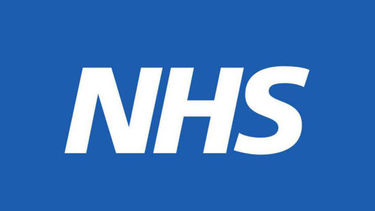Skin problems
How to treat a range of skin problems.
Acne
Acne is blockage and inflammation of the oil glands of the skin which causes outbreaks of spots, whiteheads and blackheads. It commonly affects the face, arms, back, neck and chest.
It's thought to be caused by increased levels of hormones during puberty and early adulthood. Bacteria on the skin can grow in the oil glands, which is irritating and causes inflammation.
Facts about acne
- It is not usually affected by diet
- It is not infectious (it cannot be passed from one person to another)
- Ordinary chemicals (such as swimming pool water) will not make it worse
- It may flare up during periods of stress such as during assessments or family problems
- Do not squeeze blackheads, this may make them worse
- Avoid overexposure to the sun
- Mild soaps and skin cleaners are helpful.
Acne treatment options
Dietary changes are not usually recommended or necessary.
You can speak with your local pharmacist to discuss the range of over-the-counter creams and lotions which will help keep the condition under control.
If your skin isn't responding to these options, you can make an appointment with a doctor to discuss different types of treatments. These include lotions, creams, gels and tablets. Female patients may be recommended an oral contraceptive pill.
Eczema (dermatitis)
Eczema and dermatitis are two words for the same condition. There are many different types of eczema/dermatitis, but the two most common types are atopic eczema and contact dermatitis.
Both conditions are caused by a reaction to irritants coming into contact with a deeper layer of the skin because the usual skin barrier is not working effectively.
Symptoms include redness, itching, scaly skin, and weeping.
Initially, both conditions can be treated by removing/stopping the use of the things that seem to be causing the irritation. The following can make dermatitis/eczema worse:
- dry skin
- excessive scratching or rubbing of the skin
- frequent washing with soaps
- extremes of temperature/humidity
- stress
- chemicals in contact with the skin (cleaning products/detergents)
- metals (eg jewellery, watches)
- perfumes on the skin
Treating eczema/dermatitis
It is important to protect your skin barrier by avoiding irritants and applying a regular emollient (moisturiser). You can buy these cheaply in pharmacies and shops.
Where your skin is more irritated, you can buy a mild steroid over the counter from the pharmacy which will help calm the reaction down.
In more severe cases or circumstances where your skin doesn't respond to the usual treatments, you should make an appointment with a doctor or nurse practitioner to discuss other treatment options.
Other skin conditions
Serious skin conditions, such as skin cancer, are rare in younger people but you should see a doctor if you have any concerns about a mole or lump on your skin.
It's important to protect your skin against ultraviolet from the sun with a good strength sun cream.

